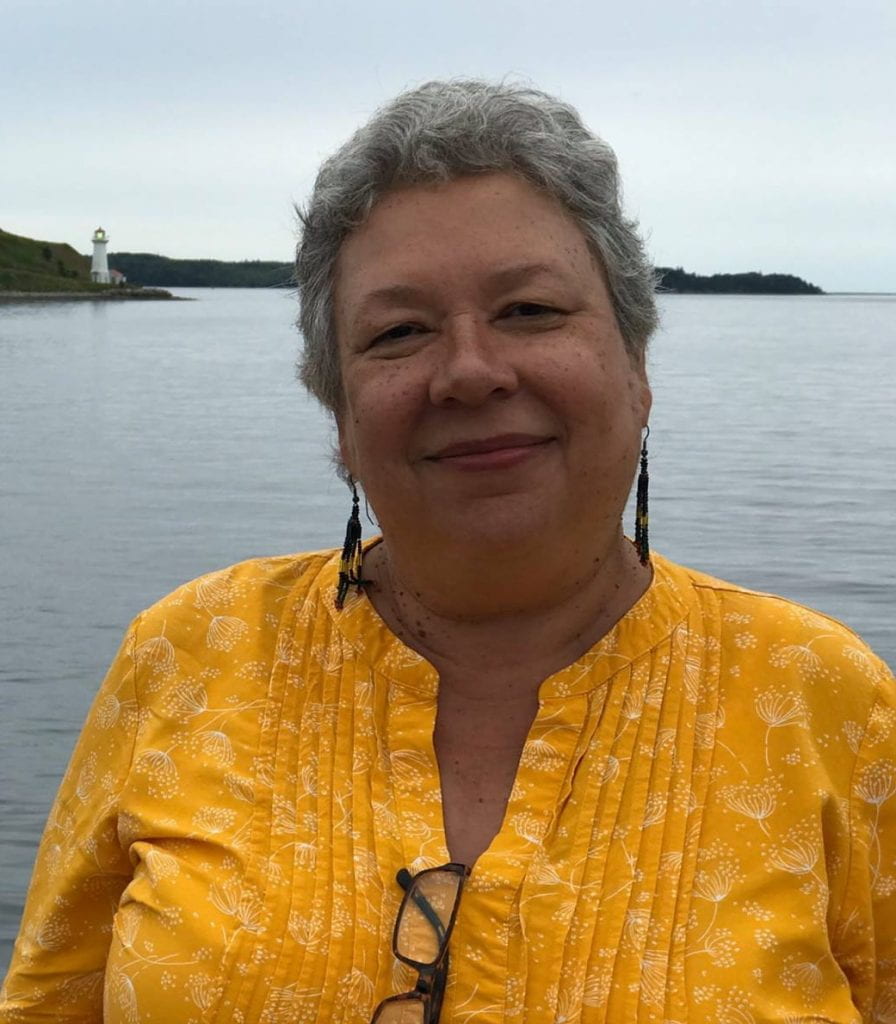
Randi Gray Kristensen is Assistant Professor in the University Writing Program, and Deputy Director of the Writing in the Disciplines (WID) program. She is also affiliate faculty with the Africana Studies program, where she teaches the Introduction to Africana Studies course, and affiliate faculty with the Women’s, Gender, and Sexuality Studies program. She holds the Ph.D. in English from Louisiana State University (2000), the MFA in Fiction, LSU (1993), and the BA, Sociology, Georgetown (1982). She has been at GW since 2000. Prior to joining GW, she taught at LSU, St. Lawrence University, and Pacifica Graduate Institute.
In Writing Studies, she is co-editor, with Ryan Claycomb, and contributor to Writing Against the Curriculum: Anti-disciplinarity in the Writing and Cultural Studies Classroom. In Caribbean Studies, she has written encyclopedia entries on Maroon cultures and , and book reviews of emerging authors for Wadabagei, A Journal of the Caribbean and Its Diasporas, and s/x salon: a small axe literary platform. Her creative work — including poetry, fiction, and memoir — appears in Creation Fire: A CAFRA Anthology of Caribbean Women’s Poetry; Caribbean Erotic: Poetry, Prose, Essays; Electric Grace: More Writing by Washington Area Women Writers, Under Her Skin: How Girls Experience Race in America , A River of Stories, a publication of the Commonwealth Trust, What Could Possibly Go Wrong? and multiple issues of Gargoyle Magazine.
Dr. Kristensen’s research areas include first-year and WID writing pedagogies, diversity and inclusionary pedagogies, African Diaspora literatures, and Black feminist studies. Dr. Kristensen’s current book project examines how inequalities created by neoliberal policies spur humanitarian efforts that reproduce the social and economic relations that produce the problems they are intended to solve. In particular, she is examining aesthetic critiques offered by artists and writers from three post-disaster sites: Kingston, Jamaica; Port-au-Prince, Haiti, and New Orleans, LA. This work has been supported by an NEH Summer Institute Fellowship and a fellowship at the University of Indiana’s Institute for Advanced Study at Indiana University, to research the films of Raoul Peck at the Black Film Center/Archive. She is also a GW Faculty in Residence.

